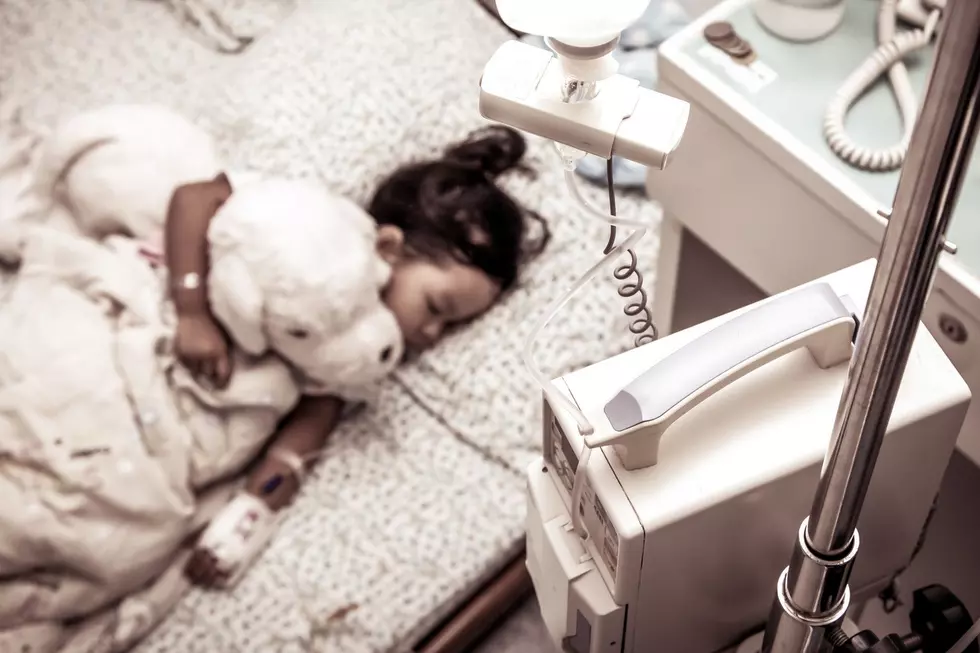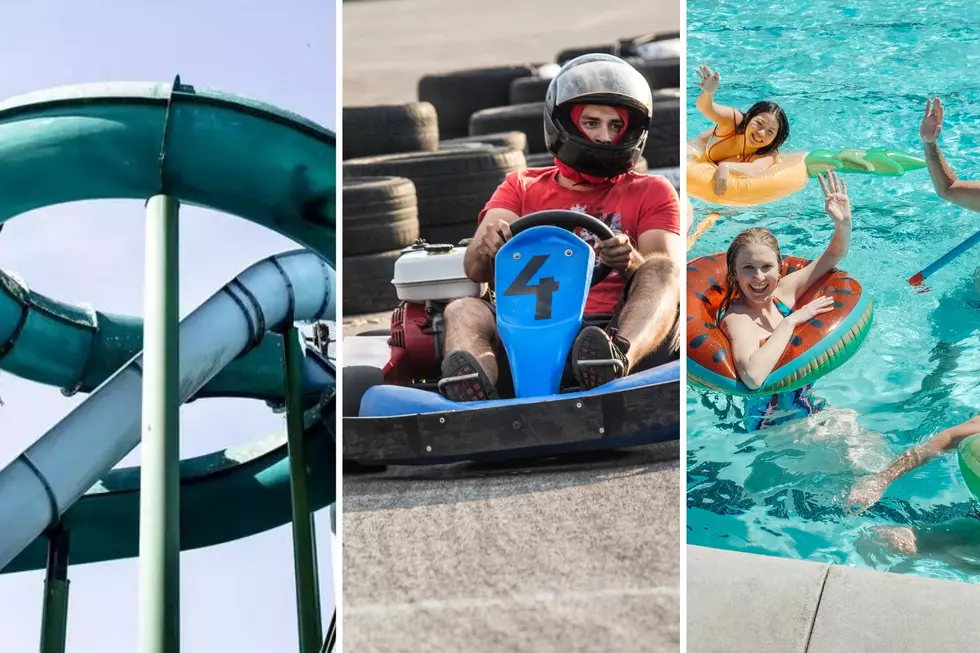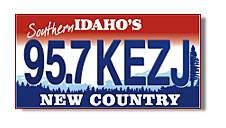
Volunteers Visit Twin Falls to Promote ‘All of Us’ Research Program
TWIN FALLS, Idaho (KLIX) – A group of volunteers this week have been trying to get people’s attention about a research program they say could medically benefit untold generations.
The program, called All of Us and sponsored by the National Institute of Health, aims to improve people’s health with precision care. Its goal is to collect data over several years from a million or more people in the U.S. in an effort to accelerate research so that medical treatment can be better individualized for patients.
The precision care research program factors in such topics as where a person lives, their profession, and their family history, said bilingual tour manager Mel Lopez, noting that participants may not only learn more about their own health, but that data they provide can help advance efforts to promote health for other people for years to come.
About 100,000 people nationwide have signed up since 2015 when the program started. That’s a good number, she said, but there’s still a long way to go.
The Local Effort
Lopez, from El Paso, Texas, and co-touring manager Francisco Huizar, of San Antonio, are traveling the country for 41 weeks to inform residents of different cities about the research and, hopefully, get them enrolled in the program. The pair gets support from local volunteers who help out on site.
Jodi Camacho and Laura Allen were two volunteers from Twin Falls who were at South Central Community Action Partnership on Thursday morning, holding signs and waving at passersby, trying to get people to stop and learn more about the program.
“It’s been pretty consistent,” Allen said. “We’ve been able to educate quite a few people.”
Camacho jested that her face was getting sore from all of the smiles she was providing to drivers, but said she enjoyed what she had learned about the program.
The group has been at Community Action since Tuesday. Besides sign holders on Washington Street South, an exhibit and trailer are set up at the facility’s parking lot, where people can learn more about the program or sign up to be part of the research.
“It’s a cool thing to learn about,” Camacho said.
Leslie Simmons was another Twin Falls volunteer, who said she felt like she was participating in a good cause.
“I think there’s a lot of hope for the future of medicine,” she said, explaining that she appreciates the opportunity to learn more about her own genetic health. “The more we can learn, the more we can find out important things for the future.”
Lopez said signing up is easy and can be done in just about 30 minutes with a few steps, and communication from researchers afterward is done electronically.
But interested persons better hurry, even if it’s just to tour the exhibit or grab a pamphlet. Today is the last day the team will be in Twin Falls. Next up: Hailey.
Building the Database
Skoti Lim, who came all the way from Las Vegas to volunteer with in Twin Falls, said he believes in the program so much that he plans to be on tour for at least the next few weeks.
“I love this program,” he said. “I want them to get as much research on me as they can.”
Lim understands how the research may not only benefit him but the future branches on his family tree.
A pamphlet provided by Lopez explained that when a person enrolls in the research program his or her personal information are kept confidential; and samples, such as blood or urine, are stored without names in a secure biobank.
Researchers will use this data to conduct studies in an effort to better understand health and disease, including, among other things, identifying the risk factors of certain diseases, figuring out which treatments work for different types of people, and exploring technology that may help people take better care of their health. Participants also receive information about the data they provide, but only through email.
Lopez said the “Journey” tour, which started in St. Louis and is named after the RV the group uses as its on-the-road headquarters, could potentially go beyond the planned 41 weeks.
That’s OK with her, because she believes in its cause. She is excited that the All of Us Research Program may not only benefit her, but could very well be a boon for her posterity, since genetics and family history are an important part of the research.
“And the only way to get there,” she said, “is to build the database.”
_____
Andrew Weeks may be reached at Andrew.Weeks@townsquaremedia.com.
More From 95.7 KEZJ









